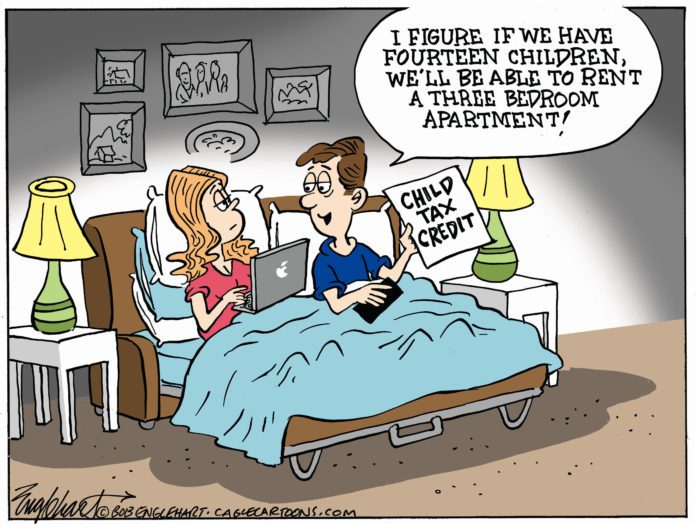On Nov. 7, U.S. Sen. James Lankford spoke at the Blue Light Ceremony in Oklahoma City. His speech, meant to comfort the families of fallen law enforcement personnel, veered into politics.
People expect government to solve problems, he told us. Government doesn’t fix things; families do.
All the way home from the ceremony, I mulled his words. Does he understand that not all families have the same resources?
Maybe the senator doesn’t understand how a representative democracy works, or why citizens pay taxes. What is the government’s role?
Who funds education? Who sets curriculum? Do we leave those up to individual families?
Can families access quality healthcare on their own? Can they tackle a pandemic?
Who keeps dangerous criminals off the streets? Do we really want to revert to frontier justice? The Ahmaud Arbery case should answer that question.
Surely the senator would like to see that every person charged with a crime and every crime victim receive justice. Families don’t make laws; legislators do.
Parents are a child’s first teachers. They are role models, instilling values by words and examples, but families are not all created equal.
Universal education and a social safety net can help us break the chain of poverty.
Families pay taxes, even those whose paychecks don’t quite stretch until payday. In Oklahoma, they pay sales tax, even on such essentials as groceries. If they need a vehicle to go to work, they pay gasoline taxes. Families don’t build safe roads and bridges; governments do.
Wage earners pay FICA taxes. If they live long enough, they are eligible for Medicare and can collect Social Security. But poverty, cheap food, stress, and lack of access to preventive care can shorten one’s lifespan.
Pure capitalism is dangerous. How many generations before the country’s wealth is in very few hands? The United States is there now.
Matthew 25:29 says, “For to everyone who has shall more be given, and he shall have abundance; but from one who does not have, even what he does have shall be taken away.”
Senator, I see a role for government here. Our taxes should provide the education and training that lets children from poor families find their way out of poverty. It should make healthcare, including preventive and mental healthcare, accessible to everyone.
The child tax credit has been proven to lift families above the poverty line. Affordable childcare and elder care will allow more caregivers, often women, to work outside the home.
Inequality, and all the problems it causes, is a fact. Government, and a taxation system that doesn’t favor the wealthy, can most certainly address some of these problems.
One more question, senator! If you don’t believe that government can solve problems, what exactly is a legislator’s job?







